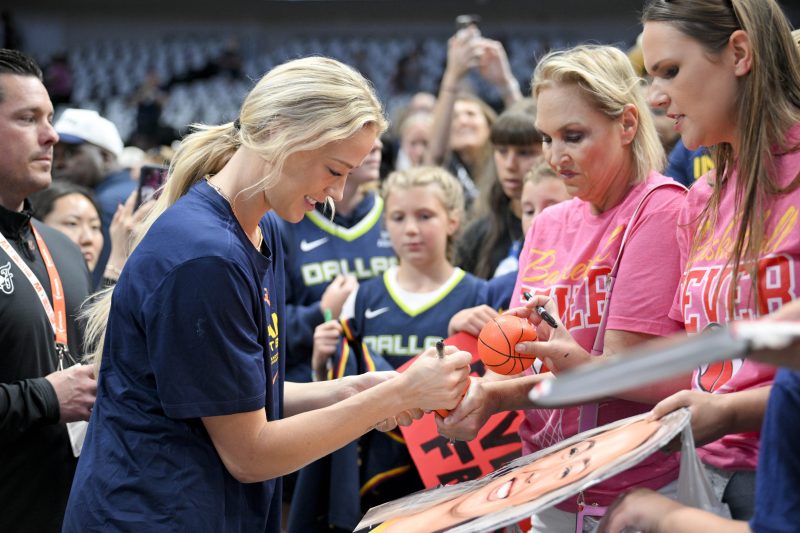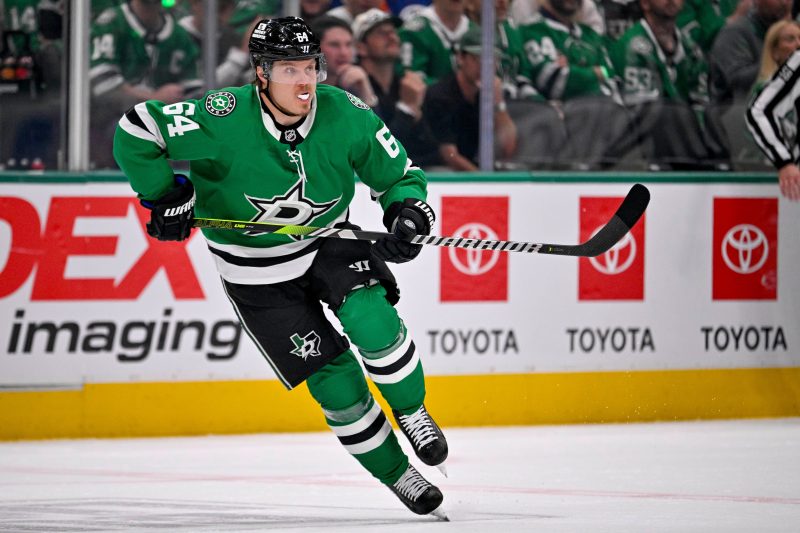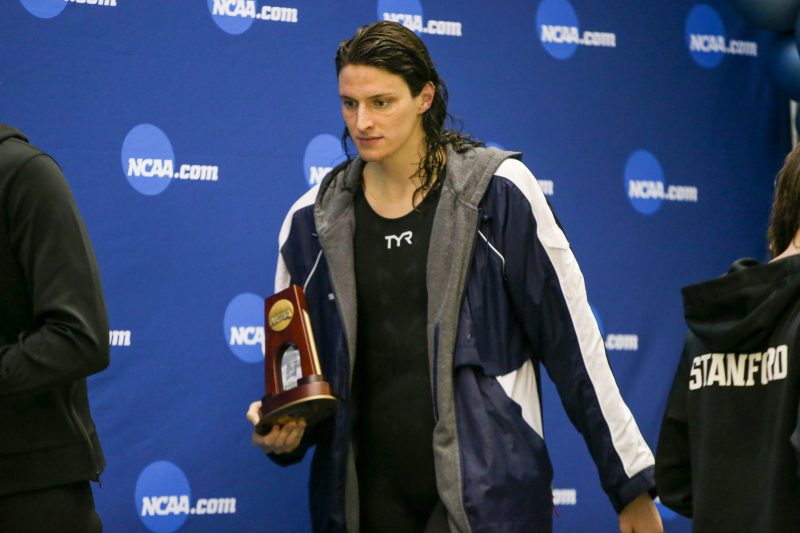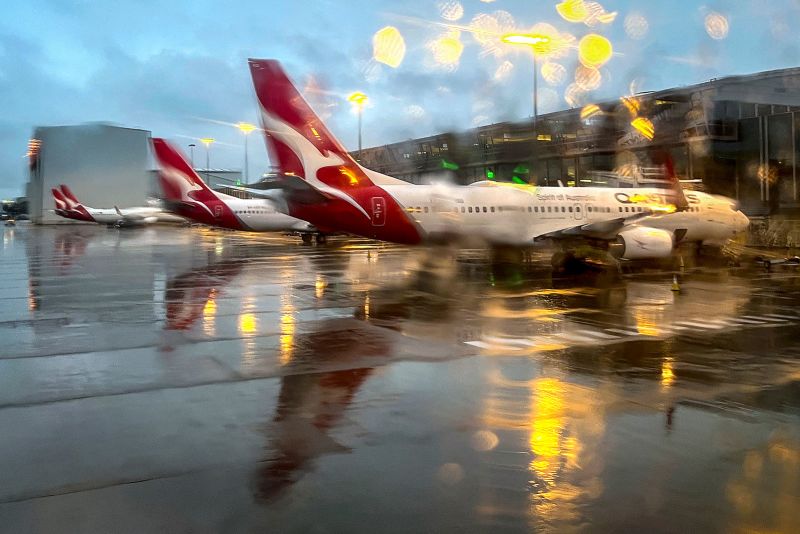Alex Delvecchio, Red Wings legend, dies at 93

The last surviving star from Detroit’s greatest sports dynasty, Alex Delvecchio helped the Red Wings reach the pinnacle in the 1950s, struggled mightily as they hit bottom in the 1970s and segued into an elder statesman with a retired number, a bronze statue and ceremonial roles celebrating the franchise’s renaissance in the 1990s.
Always popular among fans, players and press, universally heralded as one of the NHL’s 100 greatest players but always considered underrated by his peers, and a three-time Lady Byng winner on the ice but a lifelong Lady Byng winner off the ice, Delvecchio died Tuesday, July 1, surrounded by his family at age 93, the team announced.
The team issued a statement from Delvecchio’s family on Tuesday:
‘Alex was more than a Hockey icon, he was a devoted husband, loving father, grandfather, great grandfather, cherished friend, and respected teammate to so many. While the world knew him as an incredible hockey player with numerous accomplishments on the ice, we knew him as someone whose humility, strength, competitiveness, kindness and heart were even greater than his professional achievements. For decades, your love and support meant everything to Alex and to all of us. We are deeply grateful and thankful to everyone.’
Delvecchio’s hockey story parallels the nearly 100-year story of the Red Wings franchise. Delvecchio’s mentor played in the first game at the Old Red Barn on Grand River and Delvecchio’s statue sparkles at the state-of-the-art arena on Woodward. He had ties to the earliest days of Detroit’s franchise, when it was owned by a grain and shipping magnate, and he relished its rebirth as Hockeytown, when it was owned by a pizza baron.
If not for Gordie Howe, his legendary linemate known as Mr. Hockey, Delvecchio could have been Mr. Red Wing:
Only Howe played in Detroit longer than Delvecchio’s 24 seasons.
Only Steve Yzerman was a captain in Detroit longer than Delvecchio’s 12 seasons.
Only Nicklas Lidstrom played more games in a career spent with a single NHL franchise than Delvecchio’s 1,550.
And only Howe had more points in NHL history when Delvecchio retired in 1973.
“When you think of the Red Wings, you think of Howe,” future Hall of Fame center Phil Esposito told Sport magazine in 1971. “But Alex is the most underrated player in the game today — underrated by everyone but the players.”
Delvecchio was approaching his 40th birthday at the time.
Late in the 1964-65 season, his 15th in the NHL, Delvecchio recorded a point in 17 consecutive games, a Red Wings record until Yzerman broke it 23 years later.
“He’s like a magician with the puck,” goaltender Eddie Giacomin said during a Hall of Fame career.
A left-handed shot, Delvecchio played on three Stanley Cup championship teams — all in his first four full seasons, all before he turned 24.
As a rookie in 1951-52, when the Wings swept Toronto and Montreal in the playoffs for the Cup, Delvecchio centered the third line. In 1953-54, on a line with Howe and Ted Lindsay, Delvecchio’s nine points tied Howe for the Wings’ playoff scoring lead. In 1954-55, Delvecchio scored 15 points in 11 playoff games and the first and last goal in the Cup-clinching 3-1 victory over the Canadiens in Game 7.
“I felt proud to be among so many players that were true stars of the game,” Delvecchio said decades later.
After 1955, the Wings wouldn’t win another Stanley Cup for 42 years.
A dynamic skater, a gifted passer and frequently the center on the second iteration of the Production Line with Howe and Lindsay, Delvecchio also was an ironman in the NHL’s Original Six days. He never missed a game from age 25 until nearly 33. During a 12-year stretch, he played in 840 of 842 possible games. In 1956-57, his seventh season, a broken ankle sidelined him for 22 games; he then missed only 14 games the last 17 seasons of his career.
“You don’t get hurt in this game,” he once told Sport magazine, “if you keep your head up and watch what’s going on around you.”
In the 1950s and ’60s, players also lived in fear that in a six-team league, with jobs scarce, every injury jeopardized their careers. “You just didn’t want anybody to come in,” Delvecchio said, “because you’re gone if they shine.”
Unlike his Hall of Fame teammates from the 1950s — when the Wings finished atop the regular-season standings eight of nine years and won four Stanley Cups — Delvecchio wasn’t banished in an ill-conceived trade (like Sid Abel in 1952, Terry Sawchuk in 1955, Lindsay in 1957, Red Kelly in 1960 and Marcel Pronovost in 1965) or given a do-nothing front office title (like Howe in 1971).
In the early 1970s, Delvecchio turned down a lucrative offer to join Howe and his teenaged sons Mark and Marty with the Houston Aeros in the upstart World Hockey Association. “I’d spent my whole life with the Wings,” Delvecchio explained, “and, what the heck, I’d better finish with them.”
“He was a pure Red Wing, for sure,” said Jimmy Devellano, a Hall of Fame executive for the team. “Not only was he a great player, he never went anywhere else, and he managed and coached the team.”
Delvecchio did think he had been traded on Nov. 7, 1973, a few weeks before his 42nd birthday. A distraught Delvecchio, coming off a stellar 71-point season, planned to retire on the spot. And he did retire that evening — because general manager Ned Harkness asked him to coach the Wings. Delvecchio agreed to take over a 2-9-1 team about to lose its top playmaker, whose skills stood out as much as he did on the ice with his salt-and-pepper hair in an era without helmets. Harkness also cut Delvecchio’s $125,000 salary.
Delvecchio later would call it “the most terrible job of my career.” He coached for parts of four seasons and was the general manager for most of three. A decade known by Wings fans as ‘Darkness with Harkness’ turned even worse under Delvecchio’s watch. The U.S.-based franchise with the most Stanley Cups was derided as the Dead Wings.
After owner Bruce Norris fired Delvecchio and hired Lindsay in March 1977, Delvecchio was devastated, declared he was “ticked off” and decided “the hell with ’em.” That was harsh talk from a respected, classy and even-keeled hockey figure who three times won and three other times nearly won the Lady Byng Trophy for sportsmanship and gentlemanly conduct.
The bad blood faded when Little Caesars founder Mike Ilitch purchased the franchise for a pittance from Norris five years later. Delvecchio spent time in the broadcast booth in the 1980s (sometimes subbing for an ailing Abel). His number was retired in the 1990s (in a dual ceremony with Lindsay). His statue was unveiled in the 2000s (two days before Lindsay’s). He was included in the festivities after teams captained by Yzerman or Lidstrom won four Stanley Cups (appearing with Howe and Lindsay).
Delvecchio appreciated it all. When his No. 10 jersey was hung with Lindsay’s No. 7 from the Joe Louis Arena rafters before roaring fans in 1991 — joining Howe’s No. 9 retired in 1972 — Delvecchio declared: “I’ve been inducted into the Hall of Fame, I’ve won Stanley Cups, but this is better.”






